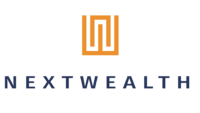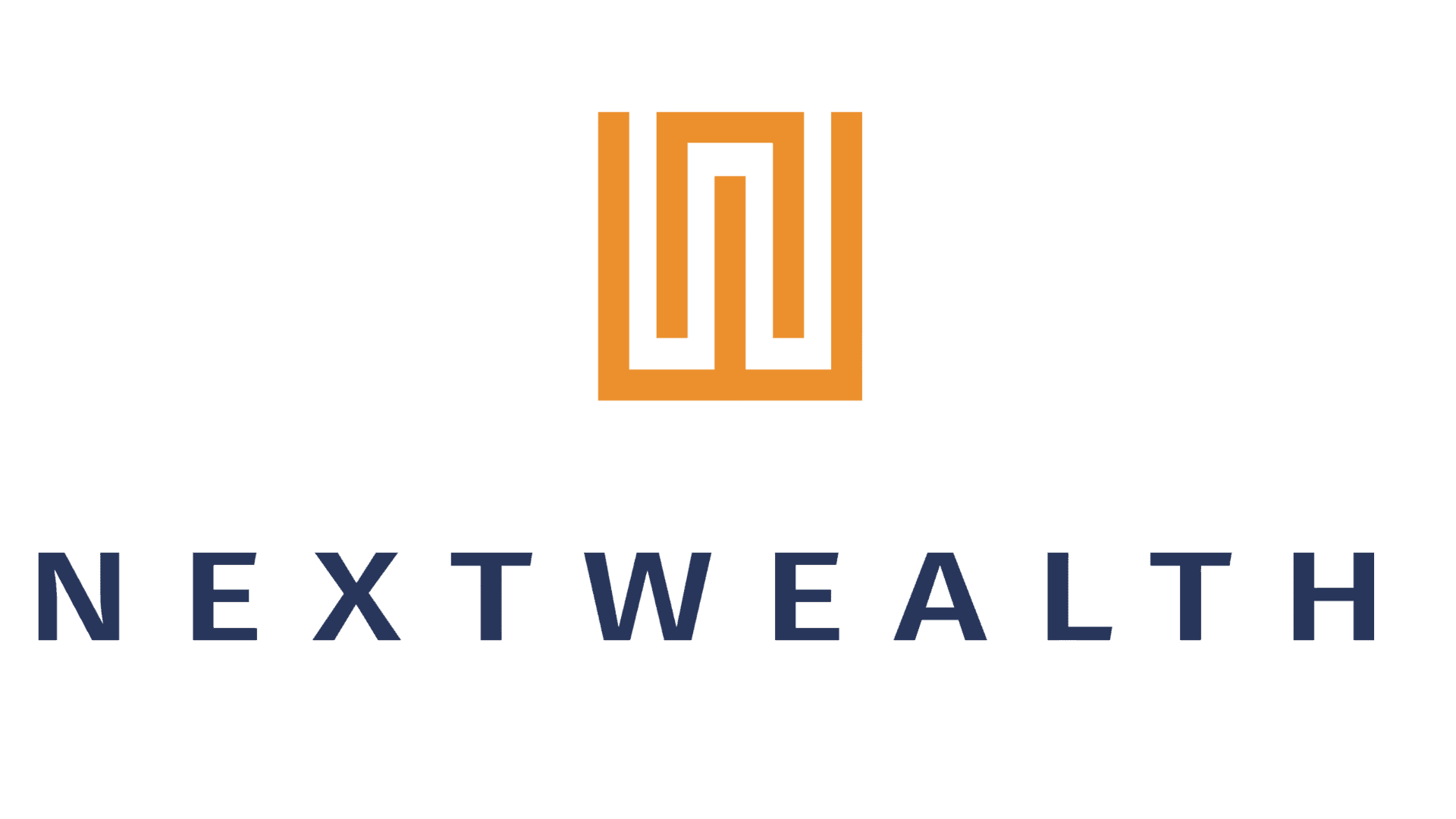Productivity hack: Time tracking and task management
By Next Wealth | 03 March 2021 | 4 minute read
Heather Hopkins recently spoke with Ella Davies of LIFT-Financial to discuss the benefits of time tracking and task management software for financial planners and their clients. You can watch the full video recording here.
Many professional service businesses; lawyers, accountants, solicitors, use some form of time tracking system. As financial advice businesses professionalise their offering, time tracking will be essential.
Should time tracking become the norm in financial planning?
As Ella describes, financial planning is an intangible service, and being able to itemise how time is spent for a client really changes the nature of the conversation and the client’s perception of the value they are receiving.
From a business perspective, the data from time logs provides insight into how much work goes into delivering the client service as well as the allocation of tasks amongst the team.
At NextWealth, we use a free app for time tracking called Clockify. Ella and her colleagues use tools from Intelligent Office, which means time is logged against client files, either manually entered as a block of time on a timesheet, or with the time tracking tool running in the background whilst a client file is open. The recorded time is then categorised as client meetings, catch-up calls, admin, research, and so forth, and I/O automatically calculates the chargeable time.
Benefits to the business
1. Using the right people for the right tasks
Adopting a time tracking system requires commitment, however the discipline forces everyone to examine the time spent on each task, and enables the business to look for efficiencies, opportunities to advance members of the team and to ensure that the right people are doing the right tasks
2. Building client service cases
Ella describes how LIFT-Financial have used time tracking to identify exactly how much work goes in to servicing clients. She explains; “we’re not charging out for every minute, that’s not possible”, however it has allowed the firm to spot where overall the amount of work doesn’t balance with the retainer fee
3. Easier conversations around fees
Clients don’t see all the work that goes in to providing the service they receive, including compliance, admin etc. As Ella describes, “everything that goes on behind the scenes is hard to quantify”. A recent NextWealth market report found that financial advisers spend around a quarter of their time directly with clients. Time tracking allows clients to understand what you are doing when you are not interacting with them directly.
Benefits to clients
The greatest benefit to clients is, as Ella says, “simple – it’s transparency”. As a firm, she continues, LIFT-Financial have set out to be transparent anyway, but with the time tracking tools they are able to “click a button and show what it is you’re actually doing; it makes everything so much more transparent.”
The benefits of transparency are in straightforward conversations about fees and stronger relationships built on openness and trust.
Final thoughts
The challenge comes in establishing time tracking as a habit and maintaining the discipline, and then looking back at the data to spot where improvements can be made, or new resource most valuably added to the team.
This is a process we have gradually grown accustomed to at NextWealth and we’re now converts.
And as Michael Kitces, another key speaker at NextWealth’s Advice Tech Live event, blogged on the subject: the key to time management is not merely about spending less time in the business, but instead is about spending more time on the right tasks in the business; in fact, advisors “in control” of their time actually schedule significantly more meetings throughout the year – to the tune of another 50 client meetings, 10 prospect meetings, and 5 center-of-influence meetings – and do so by effectively focusing their business, their infrastructure and support, and their personal time, in the direction of those “highest and best use” tasks; the rest are either eliminated with business focus, delegated with team support, or managed with some structure to the day to avoid letting those necessary tasks become overwhelming.”
We’re hosting a series of Advice Tech Live events in 2021, free for members of the NextWealth research panel. If you work for a financial advice firm, be sure to sign up to get your invite. Subscribers to our Adviser Tech Stack reports also get free invites.
Watch the full video recording below:
About the Author
Heather is a data and research expert specialising in retail investment distribution. Heather is the Managing Director and Founder of NextWealth. She is also a Director of Clive Waller Consulting Ltd and serves as Vice-Chair of The Investment Network and the Schroders UK Platform Awards.


